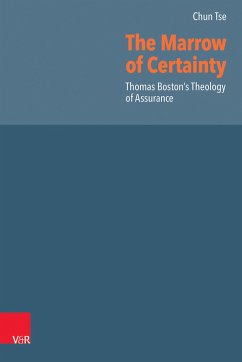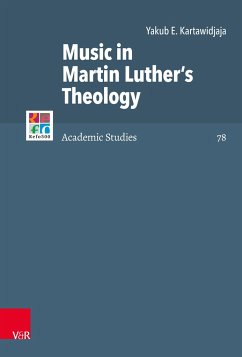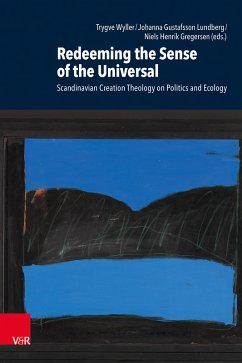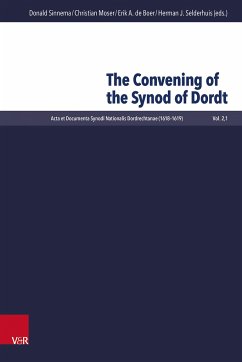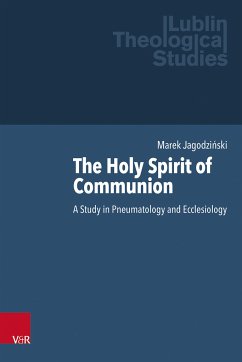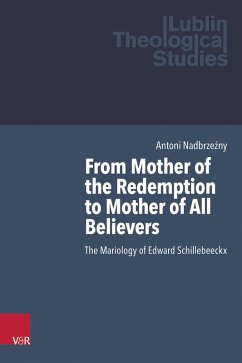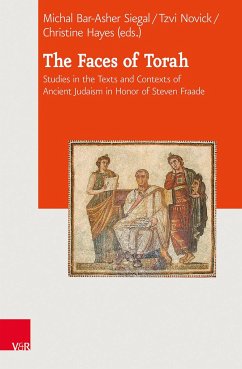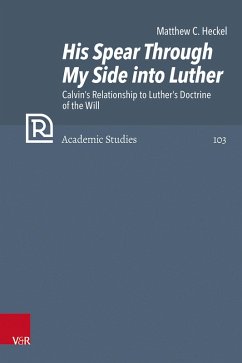
The Certainty of Salvation in the Theology of Martin Chemnitz

PAYBACK Punkte
0 °P sammeln!
In his work Andreas Bergman delves into the depths of Martin Chemnitz's theological legacy, focusing on the often-neglected topic of the certainty of salvation. Through meticulous analysis and nuanced interpretation, Bergman uncovers the intricate intellectual and affective dimensions of Chemnitz's thought, exploring its implications for justification, predestination, and the broader theological landscape. By illuminating the tensions and paradoxes inherent in Chemnitz's theology, Bergman challenges readers to reevaluate fundamental assumptions about faith and salvation. Accessible yet scholar...
In his work Andreas Bergman delves into the depths of Martin Chemnitz's theological legacy, focusing on the often-neglected topic of the certainty of salvation. Through meticulous analysis and nuanced interpretation, Bergman uncovers the intricate intellectual and affective dimensions of Chemnitz's thought, exploring its implications for justification, predestination, and the broader theological landscape. By illuminating the tensions and paradoxes inherent in Chemnitz's theology, Bergman challenges readers to reevaluate fundamental assumptions about faith and salvation. Accessible yet scholarly, this monograph offers a valuable resource for academics, clergy, and lay readers seeking to deepen their understanding of Lutheran theology and its relevance for contemporary faith practice.




